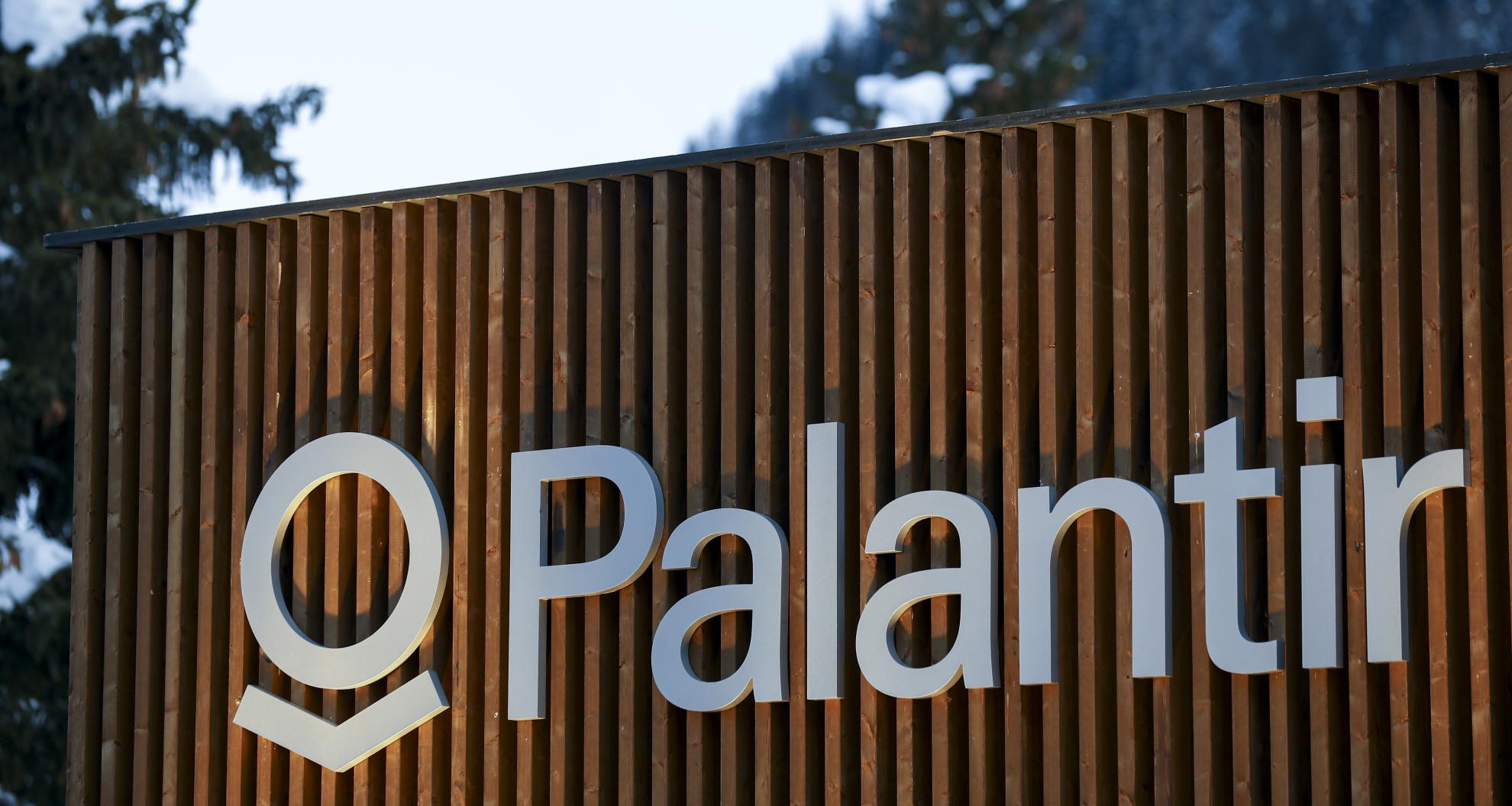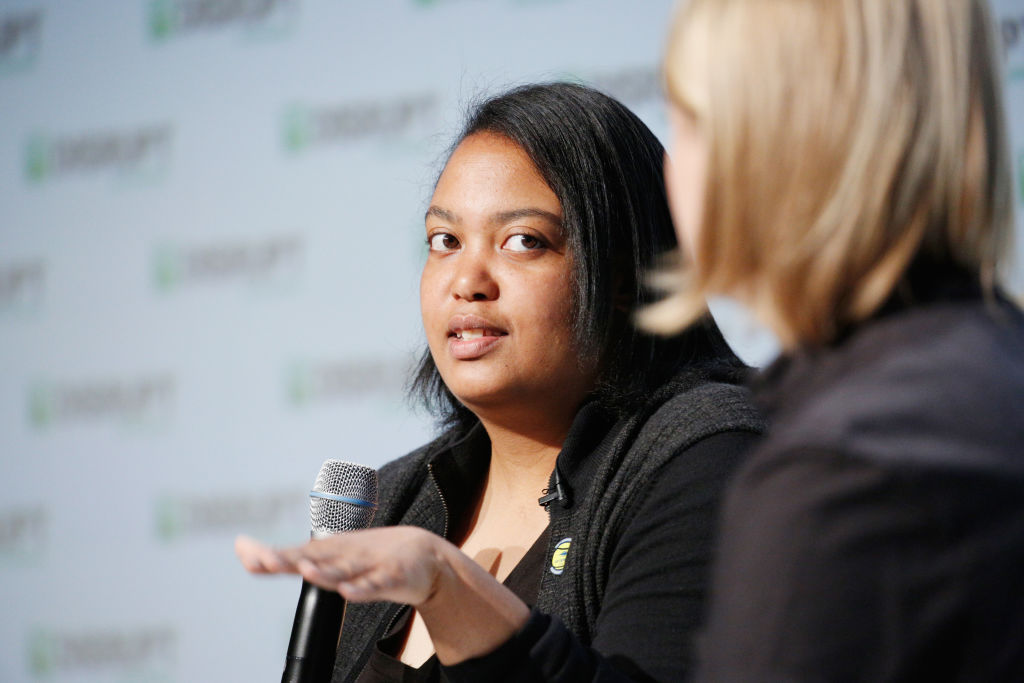Editor’s conceal: Get this free weekly recap of TechCrunch knowledge that any startup can spend by email every Saturday morning (7am PT). Subscribe here.
That that you just can presumably almost hear the get cracking apart this week as international companies pulled some distance from Hong Kong and the US idea to be a ban on TikTok. Software can no longer spend your total world fancy it had tried final decade. Startups all over tech-centered industries face a new truth, the put local markets and efforts are more safe and supported by nationwide governments. Every company now has a smaller total addressable market, whether or no longer it succeeds in it.
Fb, for instance, appears to be like to be getting an influx of creators who’re insecure about shedding TikTok audiences, as Connie Loizos investigated this week. This could well point out more users, engagement and within the kill income for many user startups, and another companies that rely on paid advertising and marketing and marketing by Fb’s precious channels. Nonetheless it formulation fewer platforms to diversify to, whenever you don’t want to rely on Fb so mighty to your alternate.
As alternate wars view increasingly more fancy frigid wars, it furthermore formulation that Fb itself can have a more minute viewers than it once hoped to present its get advertisers. After deciding to reject requests from Hong Kong-based entirely Chinese language legislation enforcement, it appears to be like to be on the path to getting blocked in Hong Kong fancy it is on the mainland. But as with other tech companies, it doesn’t if truth be told have a need — the Chinese language authorities has pushed by correct kind changes within the city that enable it to arrest somebody within the field if it claims they are organizing against it. Compliance with China would protect on authorities intervention within the US and beyond, among other the clarification why doing so is a non-starter.
This furthermore explains why TikTok itself already pulled out of Hong Kong, despite being owned by mainland China-based entirely Bytedance. The corporate is quiet reeling from getting banned in India final week and this maneuver is attempting to the subsidiary view more goal. Offered that China’s get laws enable its authorities to salvage entry to and regulate non-public companies, attach a question to many to salvage that an empty gesture.
Startups can also simply quiet knowing for issues to salvage more difficult in classic. Gaze: the following item below.

(Photo by Alex Wong/Getty Images)
Scholar visas have was the following Trump immigration target
World college students can also no longer be allowed to protect enrolled at US universities that present simplest some distance-off classes this coming academic year, the Trump administration made up our minds this past week. As Natasha Mascarenhas and Zack Whittaker explore, many universities are attempting a hybrid formulation that tries to enable some in-person teaching without rising a community health explain.
With out this assemble of formulation, many college students could well lose their visas. Right here’s our resident immigration legislation expert, Sophie Alcorn, with more particulars on Additional Crunch:
World college students have been allowed to take on-line classes for the length of the spring and summer on account of the COVID-19 disaster, nonetheless that can discontinuance this fall. The new expose will power many international college students at schools which could maybe also very successfully be simplest offering some distance-off on-line classes to salvage an “immigration knowing B” or travel the U.S. before the fall term to protect some distance from being deported.
At many top universities, international college students produce up greater than 20% of the student body. In step with NAFSA, international college students contributed $41 billion to the U.S. financial system and supported or created 458,000 jobs for the length of the 2018-2019 academic year. It sounds as if, the sizzling administration is persevering with to “throw out the toddler with the bathwater” in terms of immigration.
Universities are scrambling as they fight with this newfound untenable bind. Produce they protect on-line simplest to protect their college students safe and power their international college students to travel their homes in this country? Or originate they reopen to place their college students from deportation, nonetheless attach their communities’ health at threat?
For college students, it formulation discovering one other college, scrambling to select out a capacity to travel the States (when some home countries won’t even enable them to return), or figuring out an “immigration knowing B.”
Who knows how many startups will never exist for the explanation that honest of us didn’t happen to be on the honest blueprint on the honest time collectively? What every person does know is that some distance-off-first is here to protect.
No Code goes world
About a tech traits seem unstoppable despite any geopolitics, and one appears to be like to be the universal human aim of building endeavor instrument suck much less. (Ok, nearly universal.) Alex Nichols and Jesse Wedler of CapitalG conceal why now could presumably be the time for no code instrument and what the affect will bel, in a extremely current article for Additional Crunch this week. Right here’s their setup:
First, siloed cloud apps are sprawling out of regulate. As workflows span an rising series of instruments, they are arguably getting more handbook. Commerce users have been forced to scheme workflows to the constraints of their instrument, nonetheless it no doubt can also simply quiet be the different formulation around. They desire a capacity to fight this fragmentation with the vitality to produce integrations, automations and applications that naturally align with their optimum workflows.
2nd, architecturally, the ubiquity of cloud and APIs enable “modular” instrument that also can furthermore be created, connected and deployed like a flash at minute charge composed of constructing blocks for sigh capabilities (equivalent to Stripe for funds or Plaid for knowledge connectivity). Both third-occasion API services and products and legacy systems leveraging API gateways are dramatically simplifying connectivity. In consequence, it’s easier than ever to produce complicated applications utilizing pre-assembled constructing blocks. As an example, a easy mortgage approval process can also very successfully be in-built minutes utilizing third-occasion optical personality recognition (a know-how to convert images into structured knowledge), connecting to credit ranking bureaus and integrating with internal services and products all by APIs. This modularity of simplest-of-breed instruments is a game changer for instrument productivity and a key enabler for no code.
In the end, alternate leaders are pushing CIOs to adapt their formulation to instrument sort to facilitate digital transformation. In prior generations, many CIOs believed that their companies wanted to manufacture and get the availability code for all serious applications. On the present time, with IT teams severely understaffed and unable to withhold with alternate wants, CIOs are forced to salvage selections. Driven by the pressing alternate need and assuaged by the protection and reliability of contemporary cloud architecture, more CIOs have begun serious about no code selections, which allow offer code to be built and hosted in proprietary platforms.

Photo: Jason Alden/Bloomberg
Palantir has sooner or later filed to scoot public
It’s 16 years weak, charge $26 billion and extensively damaged-down by non-public and public entities of all sorts around the field, nonetheless this employer of thousands is counted as a startup tech unicorn, because, successfully, it became once one of many pioneers of rising sizable, raising bigger, and staying non-public longer. Aileen Lee even mentioned Palantir as one of many 39 examples that helped inspire the “unicorn” term relief in 2013. Now the secretive and incessantly controversial knowledge know-how provider is sooner or later going to have its sizable liquidity tournament — and is filing confidentially to IPO, which formulation the funds are quiet staying stunning secret.
Alex Wilhelm went ahead and pieced collectively its funding historic past for Additional Crunch before the action, and concluded that “Palantir appears to be like fancy the Platonic supreme of a unicorn. It’s older than you’d think, has a historic past of being hyped, its valuation has stretched some distance beyond the level the put companies damaged-all the formulation down to scoot public, and it appears to be like to be simplest goal these days rising into its valuation.”
It furthermore appears to be like to be one of many unicorns that has seen moderately just a few upside goal these days. It has been within the headlines goal these days for cutting sizable-knowledge offers with governments for pandemic work, on top of a prolonged-standing relationship with the US militia and other hands of the authorities. As with Lemonade, Accolade and a unfold of other IPOing tech companies that we have covered in recent weeks, it is presumably in a definite alternate cycle and primed to take goal correct thing about an already receptive market.

(Photo by Kimberly White/Getty Images for TechCrunch)
Meaningful switch from BLM
In an investor seek for Additional Crunch this week, Megan Rose Dickey checked in with eight Sunless investors about what they are investing in, within the guts of what feels fancy a new focal level on making the tech alternate more consultant of the country and the field. Right here’s how Arlan Hamilton of Backstage Capital spoke back when Megan requested what meaningful switch could well come from the sizzling heightened attention on the Sunless Lives Matter circulation.
I happen to be on the more optimistic aspect of issues. I’m no longer at one hundred percent optimistic, nonetheless I’m shut to that. I possess that there’s an undeniable unflinching salvage to the bottom of honest now. I possess that if we have been to scoot relief to blueprint quo, I’d be incredibly surprised. I say I’d no longer be bowled over, sadly, nonetheless I’d be surprised. It can presumably give me end regarding the effectiveness of any of the work that we originate if this 2d fizzles out and doesn’t save switch. I originate think that there goes to be a shift. I will already feel it. I know that more of us which could maybe also very successfully be consultant of this country are going to be writing tests, whether by being hired, or taken by the ranks, or starting their get funds, and our get funds. I possess there’s increasingly more capital that’s going to float to underrepresented founders. That on my own, I possess, will doubtless be a gigantic shift.
Around TechCrunch
Additional Crunch beef up expands into Argentina, Brazil and Mexico
5 causes to relief TC Early Stage on-line
Kerry Washington is coming to Disrupt 2020
Amazon’s Alexa heads Toni Reid and Rohit Prasad are coming to Disrupt
Minted’s Mariam Naficy will doubtless be a part of us at TechCrunch Early Stage
Across the week
TechCrunch
14 VCs discuss COVID-19 and London’s future as a tech hub
PC shipments rebound a bit of following COVID-19-fueled decline
Right here’s a listing of tech companies that the SBA says took PPP money
Equity Monday: Uber-Postmates is announced, three funding rounds and story construction
Regulatory roadblocks are preserving relief Colombia’s tech and transportation industries
Additional Crunch
In pandemic know-how, entrepreneurs flip to SPACs, crowdfunding and disclose listings
Four views: Is edtech changing how we be taught?
VCs are cutting tests remotely, nonetheless deal quantity can also very successfully be slowing
Logistics are key as NYC startup prepares to reopen blueprint of job
#EquityPod
From Alex:
Hello and welcome relief to Equity, TechCrunch’s endeavor capital-centered podcast, the put we unpack the numbers on the relief of the headlines.
We injure up having more to discuss than we had time for nonetheless we packed as mighty as we’d into 34 minutes. So, climb aboard with Danny, Natasha and myself for one other episode of Equity.
Earlier than we salvage into subject issues, a reminder that whenever you happen to’re signing up for Additional Crunch and should always place some money, the code “equity” is your friend. Alright, let’s salvage into it:
- Robinhood is relief within the recordsdata this week after a Contemporary York Cases part dug into its historic past, product selections and more. Tidbits galore will most certainly be found, nonetheless the Equity crew wanted to debate the morality of offering exotic monetary tooling to much less-skilled users.
- We adopted that debate with a dive into immigration, essentially the most up-to-date knowledge from the authorities and our takes on the matter. TechCrunch has covered the sizzling knowledge, and provided some context on the broader theory. Our takeaway is that doing self-defeating issues for no reason isn’t shining for the country as a total.
- Postmates has a house! After winding up someplace within the guts of the pack of the on-demand cohort just a few years relief, the upward thrust of DoorDash attach Postmates in a pickle. Fortunately, Uber became once readily available to de-brine the unicorn for $2.65 billion in stock. That’s a bit extra money than Postmates’ final valuation. What we want to know next is how the sale tag impacted classic stockholders. E-mail us whenever you happen to know.
- Palantir has filed to scoot public, nonetheless privately, so as that’s if truth be told all there is to inform about that. Unless that you just should maybe presumably presumably like a historic past lesson.
- In the end, funding rounds. We had three this week: MonkeyLearn raising $2.2 million for no-code AI, Quaestor raising $5.8 million for startup monetary tooling and $4.5 million for Mmhmm, which is each and each timely and neat.
Whew! Past all that we had some fun, and, with a bit of luck, have been of some spend. Hugs and chat Monday!
Equity drops every Monday at 7: 00 a.m. PT and Friday at 6: 00 a.m. PT, so subscribe to us on Apple Podcasts, Overcast, Spotify and the total casts.



